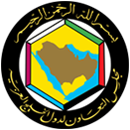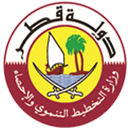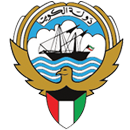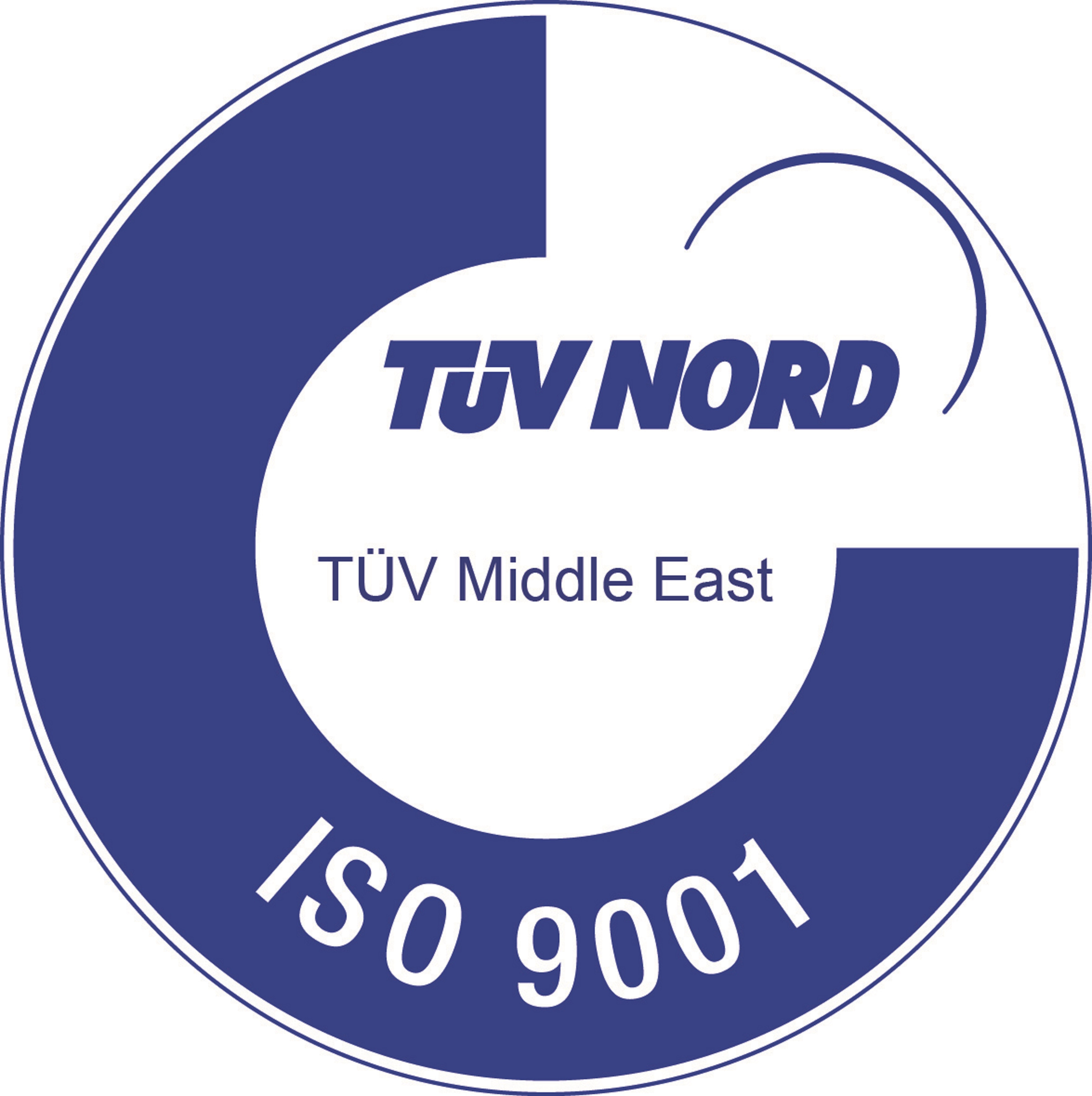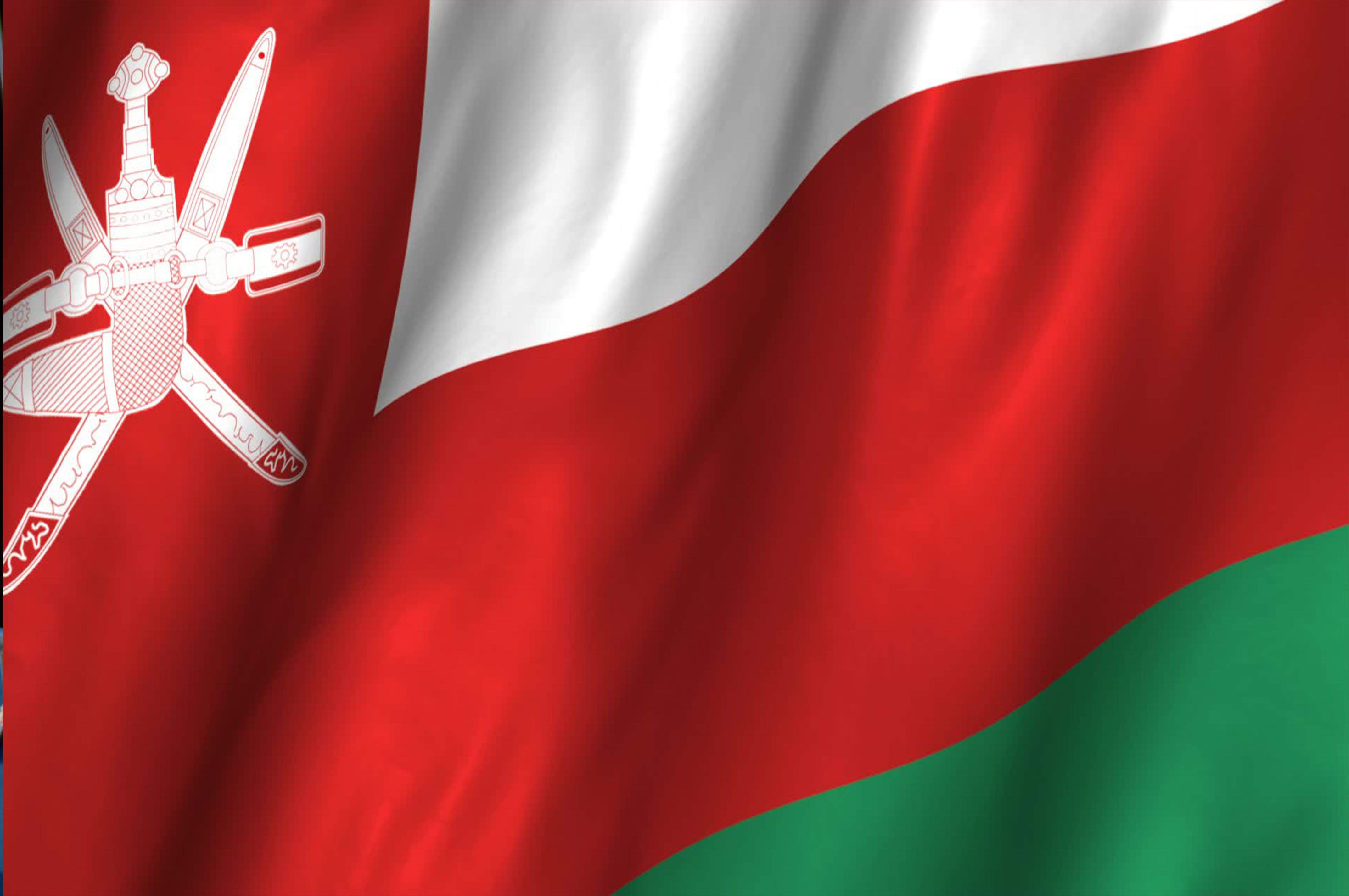
GCC-Stat Congratulates Oman on its 44th National Day
As the Sultanate of Oman celebrates its 44th National Day, the Statistical Centre for the Cooperation Council for the Arab Countries of the Gulf (GCC-Stat) expresses sincere greetings and best wishes to His Majesty Sultan Qaboos bin Said and the people of the Sultanate on this joyous occasion.
The Sultanate of Oman has achieved comprehensive development in all sectors over the past four decades, leading to a rapid socioeconomic renaissance. Under the wise leadership of His Majesty the Sultan, the ongoing development march continues to expand and diversify the economy, while increasing opportunities for advancement for the Omani people.
The economic and trade figures underline the prosperity achieved within the Sultanate, with the Omani economy growing by 2.8% in 2013, with total local production in the same year valued at $US 79.7 billion in current prices compared to $US 77.5 billion in 2012. As a result, the Gross Domestic Product (GDP) per capita in Oman in 2013 stood at $US 20,662.
The Sultanate’s foreign trade has also witnessed a healthy increase of 13% with the volume of exports and imports in 2013 recording $US 90.8 billion, compared to $US 80.3 billion in 2012. During the same period, the total volume of exports increased by 8.2% in 2013 $US 56.4 billion compared to $US 52.1 billion in 2012, recording a trade surplus of $US 22.1 billion in 2013. The volume of imports, meanwhile, increased by 22.1% from $US 28.1 billion in 2012 to $US 34.3 billion in 2013.
The general budget in the Sultanate recorded surplus of $US 695.4 million in 2013 while in 2012 it witnessed a deficit of $US 209.6 million. The production of Omani crude oil increased from 336.2 million barrel in 2012 to 343.8 million barrel in 2013, registering a 2.3% annual increase. Meanwhile, the average daily crude oil production increased from 919,000 barrel in 2012 to 942,000 in 2013, leading to an annual increase in the government revenue by 5.5% to reach $US 37 billion in 2013.
The 2014 general budget in the Sultanate of Oman was set to achieve a number of main objectives for 2014, including the support of economic development through increased government expenditure, especially in the development and investment sector. The government pledged to continue to improve and raise the efficiency of public services, and to complete the development of the infrastructure, in addition to supporting the small and medium enterprises and provide a supportive environment for them to grow. It also worked towards increasing the efficiency and the productivity of the public sector departments, as well as to continue to boost the levels of savings and keep a secure level of the general debt.
The strategic geographical location of the Sultanate has allowed for more opportunities to diversify the national economy. Economic and industrial free zones were established to attract foreign investment, and Oman has made it very convenient for both local and foreign investors to make use of free zones in order to grow the local economy and open the doors for various industries to utilise the local manpower and facilities to create new business opportunities. In addition to diversifying the national economy, free zones open new channels of knowledge transfer to the Omani market and provide employment opportunities for Omanis. The Sultanate now boasts four Freezones to attract foreign investment and enterprise; Al Mazyouna, Salalah,and Sohar.
Education in the Sultanate has been a key priority since the Omani renaissance, witnessing tremendous development in the quantity and quality of education services. In 2013, the number of schools in Oman stood at 1,553, providing education for approximately 661,000 students and with the capacity of approximately 65,000 teaching staff. Higher education has also witnessed continuous efforts to prepare high calibre academics and researchers. In 2013 there were 55 universities and higher education institution across Oman.
High quality healthcare services are provided to all Omanis across the Sultanate, following best international standards and practices. The Omani Ministry of Health works consistently to provide adequate healthcare to all Omanis and assures comprehensive health services are available to all in all regions of the Sultanate. The number of hospitals in Oman rose by 1.5% in one year from 65 hospitals with the capacity of 6,179 hospital beds in 2012 to 66 hospitals with 6,373 hospital beds in 2013, registering a 3.1% increase in the number of hospital beds.
The 2014 human development report shows that the Sultanate of Oman is among the highest nations worldwide in human development. The report measures the progress in health, education and basic living standards, and life expectancy, etc. As the Sultanate of Oman continues its march towards further achievements under the wise leadership of His Majesty Sultan Qaboos Bin Said, GCC-Stat expresses best wishes of good health and happiness to His Majesty the Sultan, and for the Omani people of further progress and prosperity.

